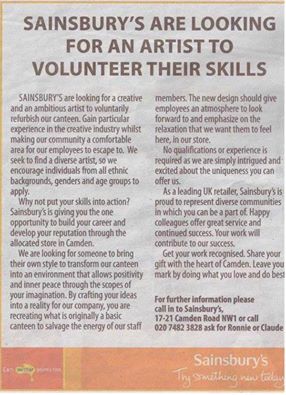It’s April 2007 and I’m watching Night at the Museum. Mickey Rooney is in the cast. I’m experiencing a blast from the past, but one of those synchronous moments, a weird coincidence. I’ve recently lost my father. The connection — as tenuous as it can be between people and families — has been severed. When grief is fresh, it’s often difficult to invoke a good recollection and, depending on the relationship, sometimes those are scarce. Seeing the thespian conjures a welcome memory.
Many years ago, I booked tickets to Sugar Babies at the Savoy Theatre in London; the performance starred Mickey Rooney and Anne Miller. At the last moment, I told the agent to add a ticket. I didn’t check with our friends whether they minded, or if my father was free. I took a spur-of-the-moment chance. Our friends didn’t mind, and I told him to make sure he was available. I did not tell him where he was going except to see a show.
Sugar Babies is a musical revue, a tribute to the era of burlesque. Some might have thought it strange that our age group wanted to attend, but many of us had grown up watching musicals airing on a Sunday afternoon. The production was as nostalgic for us as for someone of my father’s generation.
A fabulous evening was had by all, though if you were to ask me now to note the songs sang, or the skits performed, I couldn’t. I can remember the moment Mickey came onto the stage too soon, then had to stand pretending to be invisible until he could step in on cue, much to the entertainment of the other actors and the crowd. That Anne still had those fabulous shapely legs, which I rightly knew my father would enjoy viewing for real and not just on the television. That the saying not to work with children or animals, applies, at least when TV and stage are concerned: namely, a sketch where a woman had to stand covered in birds; the enactment went well except for the ‘little presents’ left on the floor, which created more laughter in a scene that should, and otherwise did, look beautiful.
We all had a wonderful night, but my father enjoyed himself most. He laughed his proverbial socks off and watching him laugh added to our amusement. I spent the evening sitting by his side while he chuckled, grinned, clapped, and whistled. He did these things to the point of embarrassing, was the last one to stop, the last person to leave his seat — wonderful! Not only do I have this recollection, he took pleasure in a marvelous evening during a hard working, stressful and, at times, painful life. My impulsive decision gave him enjoyment. For a few hours, he could set everything else aside.
This reveals a routinely overlooked truth: entertainment serves more than one purpose. A good book, a film, a play, music… Such things are part of our lives to a greater extent than we realise. The books I read as a child, many of which I still own, are friends, much as the people who remain a constant presence, and are as priceless. Not only do these things entertain, sometimes providing us with a much-needed escape, the moments they create shape our future, present, and our past.
The format doesn’t matter. What makes us laugh, gasp, cry, jump or stare in wonder — all these are markers, our companions along the way, part of the journey from birth unto death, and they form the blasts from the past that help our loved ones recall those happy moments once we are gone.
I owe a thank you to the creators, organisers, and performers for a precious memory…and to the writers, without whom such shared experiences would never happen.






